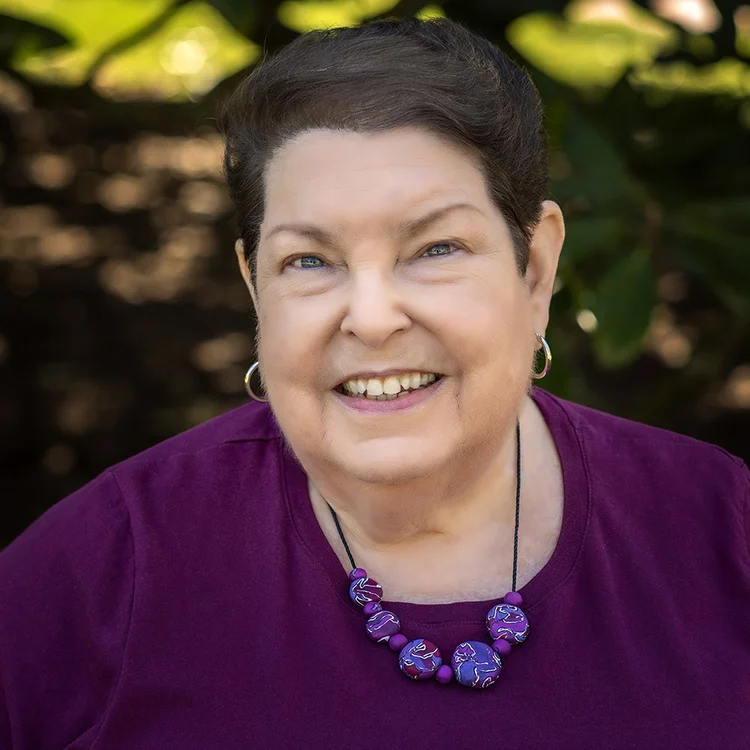
Paperback, 68 pgs.
I am an Amazon Affiliate
Death Throes of the Broken Clockwork Universe by Wayne David Hubbard is a slim collection of poems that transcend time and space, speaking to transient nature of love and life. There are transitions in time and space that happen in this collection, but there also is so much mystery.
In “Nightwatch,” the narrator speaks of burning capitals and “how bright was our pleasure/how quickly we faded”. In this poem, it’s clear the narrator is witnessing the passing of time and the quick end of a civilization. We often feel as though civilizations last a long time, but in the grand scheme they are a blink of an eye.
One of my favorite poems in the collection is “Solus”, which has an epigraph from Nietzsche: “When you gaze long into the abyss. The abyss gazes also into you.”
Solus (pg. 15) this somnolent night we sleep with doors open when the void stares back we do not stir our body as solus our shadow - the empire our hopes - the color of fire
Upon reading several of these poems multiple times, you can glean a greater meaning and get a sense of the impermanence of life. But many of these poems left me wanting. There is a sense that something has broken, but there’s also an entire section of love poems that ends the collection. Was this the juxtaposition? Were these sections to speak to one another? I’m unclear on that. Death Throes of the Broken Clockwork Universe by Wayne David Hubbard does have some real gems in it.
RATING: Tercet
About the Poet:
Wayne David Hubbard is a poet, former U.S. Marine, and chess player.


 About the Poet:
About the Poet:










